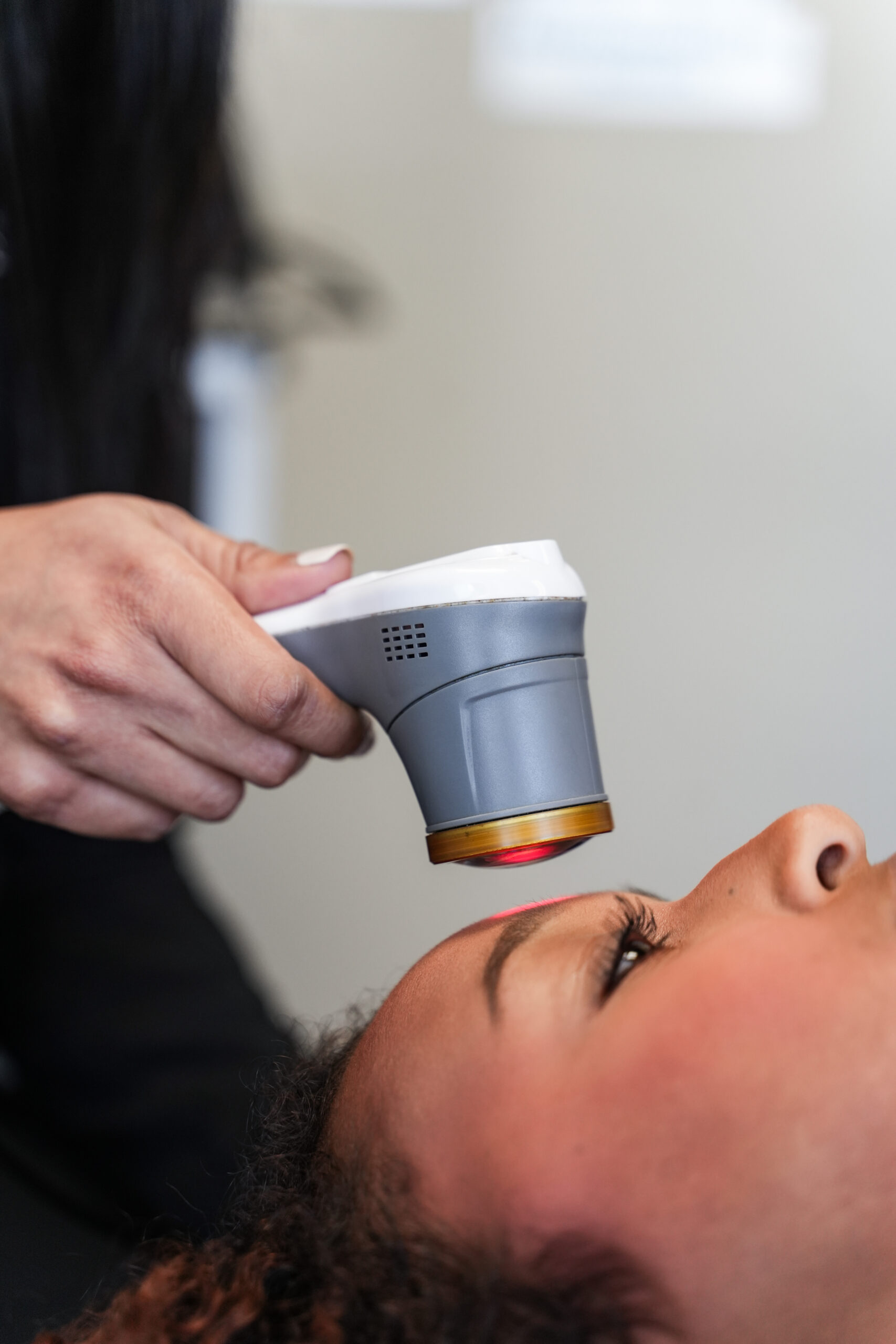Sleep is an essential function of the human body, allowing it to repair and rejuvenate. However, in today’s fast-paced world, many people struggle with insomnia, poor sleep quality, or irregular sleep patterns. While conventional medicine often prescribes sleeping pills or other pharmaceutical solutions, holistic clinics offer a more natural and comprehensive approach to addressing sleep issues. By focusing on the root cause of sleep disturbances rather than just the symptoms, holistic therapies provide long-lasting benefits.
Understanding Holistic Medicine
Holistic medicine considers the body as a whole, recognizing that physical health, mental well-being, and emotional balance are interconnected. Instead of treating sleep issues in isolation, holistic clinics assess lifestyle factors, diet, stress levels, and emotional well-being to create a personalized treatment plan. This approach aims to restore the body’s natural equilibrium, leading to better sleep quality.
Holistic Approaches to Improving Sleep
Holistic clinics incorporate various therapies to improve sleep naturally. Some of the most effective include:
- Herbal Remedies and Supplements
Many holistic practitioners recommend natural supplements such as valerian root, chamomile, and magnesium to promote relaxation and improve sleep quality. Unlike pharmaceutical drugs, these remedies work gently with the body’s natural rhythms. - Acupuncture and Traditional Chinese Medicine (TCM)
Acupuncture has been used for centuries to treat insomnia by restoring the body’s energy balance. Stimulating specific points on the body can reduce stress, alleviate anxiety, and promote relaxation, making it easier to fall and stay asleep. - Massage Therapy and Aromatherapy
Massage therapy helps relax muscles, release tension, and improve circulation, all of which contribute to better sleep. Aromatherapy, particularly with essential oils such as lavender and sandalwood, has been shown to promote relaxation and improve sleep duration. - Mindfulness and Meditation
Holistic clinics often incorporate meditation and mindfulness techniques to calm the mind. Practicing mindfulness before bed reduces racing thoughts, anxiety, and stress, allowing for deeper and more restful sleep. - Diet and Nutritional Counseling
Nutrition plays a crucial role in sleep health. Holistic practitioners assess dietary habits and recommend foods rich in sleep-promoting nutrients such as tryptophan, magnesium, and melatonin. They may also advise avoiding caffeine, sugar, and processed foods that can disrupt sleep patterns. - Lifestyle and Stress Management Coaching
Poor sleep is often linked to stress and lifestyle factors. Holistic clinics help individuals identify stressors and develop coping mechanisms such as yoga, deep breathing exercises, and relaxation techniques to create a sleep-friendly environment.
Long-Term Benefits of Holistic Sleep Therapy
Unlike conventional treatments that may only provide temporary relief, holistic therapies aim to address the underlying causes of sleep disturbances. This approach leads to long-term improvements in sleep quality, overall health, and mental well-being. Additionally, holistic treatments typically have fewer side effects compared to pharmaceutical sleep aids.
Holistic clinics offer a comprehensive and natural approach to improving sleep by addressing the mind, body, and environment. Through herbal remedies, acupuncture, massage therapy, mindfulness, nutrition, and lifestyle coaching, these clinics help individuals achieve restorative sleep without relying on medication. For those struggling with sleep issues, a holistic clinic may provide the sustainable and effective solution they need to wake up feeling refreshed and rejuvenated.
